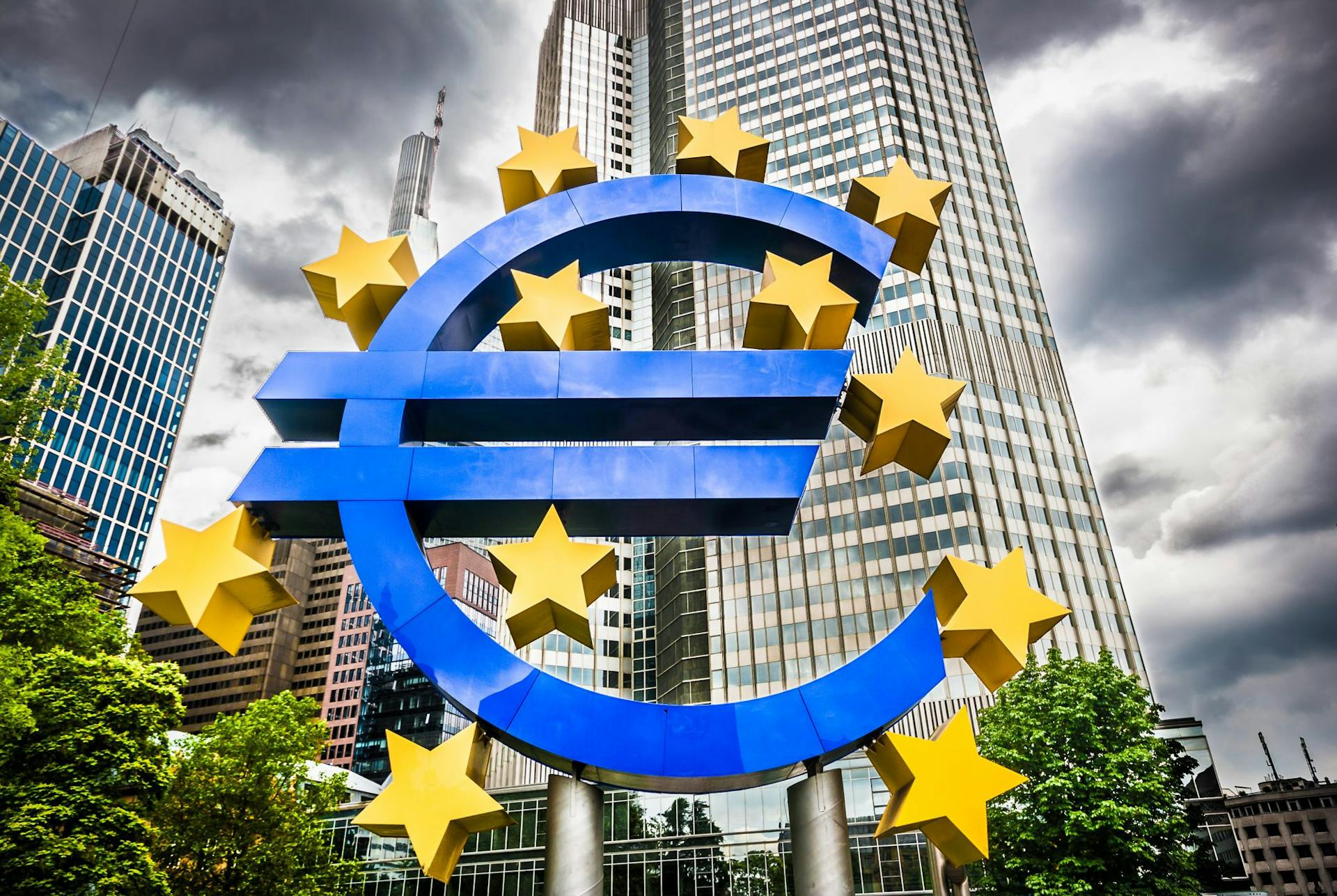European Central Bank Launches 24-Month Investigation into Digital Euro
The investigation phase will last 24 months and will focus on addressing “key issues regarding design and distribution” of a digital euro, it said.

- Prior to the investigation phase, ECB conducted experiments over the past nine months and found no “technical obstacles identified”
- Skeptics say that digital fiat currencies still have problems with unlimited supply and lack of transparency
The European Central Bank’s Governing Council launched its investigation phase of a digital euro today, it said in a statement.
The investigation phase will last 24 months and will focus on addressing “key issues regarding design and distribution” of a digital euro, it said.
The digital euro, which would be categorized as a Central Bank Digital Currency, would have to help prevent illicit activities and avoid any “undesirable impact on financial stability and monetary policy.” The project won’t be predetermining any decisions on a possible issuance of a digital euro and “in any event, a digital euro would complement cash, not replace it,” the statement said.
“Different from the crypto movement, fiat currencies, whether they are digital or paper, are still fiat currencies with all the problems of unlimited supply and lack of transparency,” said Permission.io CEO Charlie Silver in an interview with Blockworks.
The project will focus on a possible design to fit users’ needs. It will look into the functionality and usage that a digital euro would have in regards to being a riskless, accessible, and efficient form of digital central bank money. Additionally, the project will assess the possible impact of a digital euro on the market.
“Our work aims to ensure that in the digital age citizens and firms continue to have access to the safest form of money, central bank money,” said ECB President Christine Lagarde.
In June, the ECB said that central banks that chose not to establish official digital currencies are risking losing autonomy and control over their financial systems, Blockworks previously reported.
“Issuing a central bank digital currency would help to maintain the autonomy of domestic payment systems and the international use of a currency in a digital world,” the ECB said in a report.
Separately, ECB conducted experiments over the past nine months prior to the investigation phase and found no “technical obstacles identified.” It also noted that digital euro infrastructure would be environmentally friendly, based on the power usage “to run tens of thousands of transactions per second is negligible compared with the energy consumption of crypto-assets such as bitcoin.”
People and institutions that are critical of crypto-assets, like bitcoin, often point out how cryptocurrency harms the environment through energy usage, but 76% of bitcoin miners are using renewable energy, Yassine Elmandjra, a blockchain and cryptoasset analyst at Cathy Wood’s Ark Investment Management, said in an interview with CNBC.
Bitcoin mining and its environmental impact have been a popular conversation in mainstream news as Tesla CEO Elon Musk has tweeted about environmental concerns and countries like China have cracked down on its country’s mining industry.
“All the major fiat currencies will be going digital in the coming years,” Silver said. “It makes sense for governments just on a practical logistic level.”






